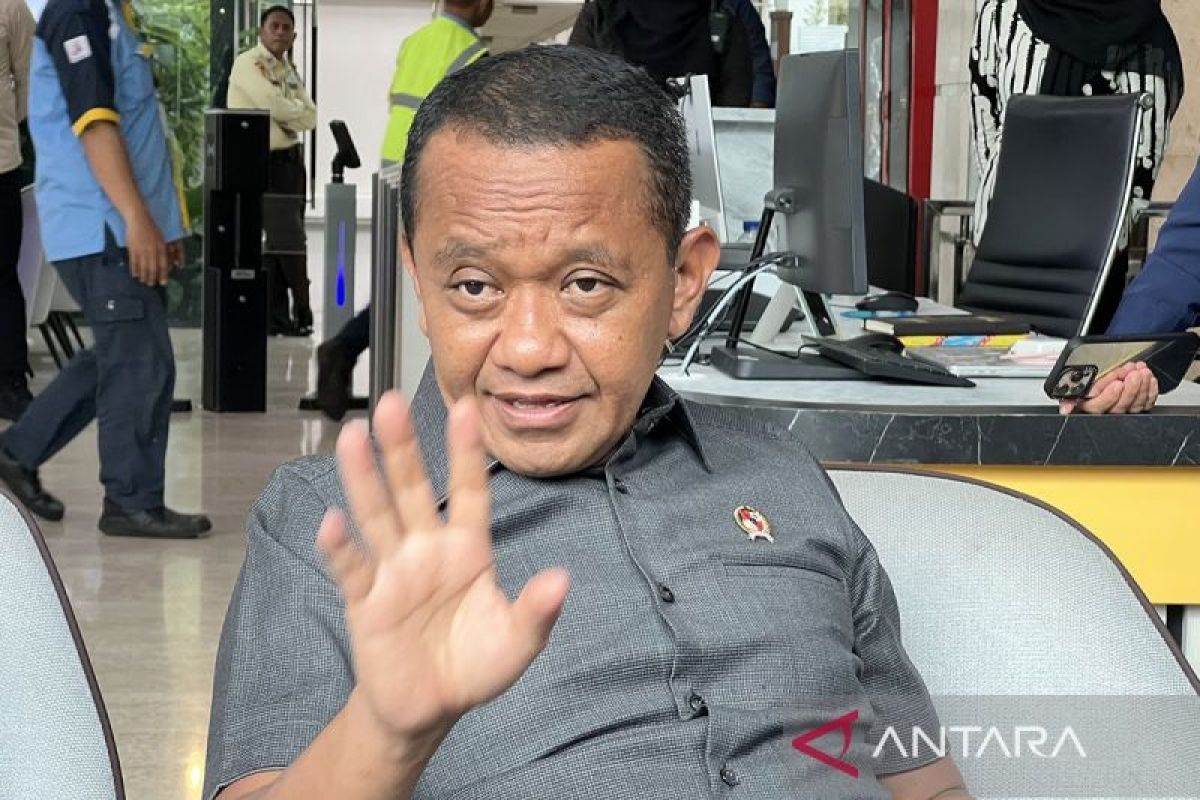Former CIA counterproliferation officer Richard Barlow has shed new light on a long-rumoured episode from the early 1980s — a secret joint plan by India and Israel to carry out a pre-emptive strike on Pakistan’s Kahuta nuclear facility. Speaking to ANI, Barlow confirmed that such discussions did take place within intelligence circles but were ultimately abandoned after then Prime Minister Indira Gandhi refused to approve the operation.
“It never happened, it was just talk. It is a shame that Indira did not approve it. It would have solved a lot of problems,” Barlow said.
According to him, the strike — had it been executed — could have dramatically altered South Asia’s nuclear trajectory. “In 1990, when India and Pakistan came close to confrontation, the intelligence community saw nuclear weapons being moved to air bases and mounted on F-16s — the very weapons the US president claimed Pakistan didn’t possess,” he added.
The secret plan
The India-Israel plan reportedly emerged in the aftermath of Israel’s successful 1981 strike on Iraq’s Osirak reactor. Concerned about Pakistan’s accelerating nuclear enrichment efforts at Kahuta — viewed as an attempt to build an “Islamic bomb” — Israel is said to have proposed a similar operation targeting the site.
Under the proposed arrangement, Israeli F-16 and F-15 fighter jets would fly from Indian airbases in Jamnagar and Udhampur, with Indian Jaguar strike aircraft providing operational support and refueling. The mission’s goal was to destroy Kahuta before it became operational.
While Indira Gandhi reportedly gave initial clearance for the plan, she later withdrew her approval due to mounting geopolitical risks — including the potential for full-scale war with Pakistan and backlash from the United States, which was deeply involved in supporting Islamabad during the Soviet-Afghan conflict.
‘Reagan would have been furious’
Barlow noted that the operation, had it gone ahead, would have angered then US President Ronald Reagan. “It would have interfered with the Afghan problem because Pakistan was using the flow of covert aid to the Mujahideen as blackmail,” he said.
He added that the CIA was already uneasy with the Reagan administration’s decision to continue certifying Pakistan as non-nuclear, despite intelligence to the contrary. “The US president kept certifying that Pakistan did not possess nuclear weapons — a position CIA officers were not comfortable with,” Barlow recalled.
Reports suggest that the CIA tipped off Pakistan about the proposed operation, prompting Islamabad to step up its defenses around Kahuta. Soon after, Indira Gandhi’s assassination in 1984 effectively buried the idea.
Barlow, who rejoined government service in 1985, said he only heard about the plan second-hand. “I didn’t get my teeth into it because it never happened. It’s a shame that Indira didn’t approve it,” he remarked.
Pakistan’s ‘islamic bomb’ vision
In the same interview, Barlow claimed that Pakistan’s nuclear programme, initially conceived as a deterrent against India after the latter’s 1974 nuclear test, later evolved into a broader ideological project.
“Under A.Q. Khan, it became an ‘Islamic bomb’ — a programme aimed at spreading nuclear capability to other Muslim nations,” he said, adding that Washington turned a blind eye to Islamabad’s proliferation network. “For more than 20 years, US administrations did nothing about Pakistan’s nuclear dealings,” he alleged.
Barlow recalled that during the 1990 India-Pakistan nuclear crisis, US intelligence detected the movement of nuclear warheads to Pakistani airbases. Then Deputy Director of Central Intelligence Richard Kerr described it as “the scariest thing since the Cuban Missile Crisis,” prompting Reagan to dispatch Robert Gates, then National Security Council adviser, to defuse tensions in Islamabad and New Delhi.
The revelations reignite a decades-old question: What if India and Israel had struck Kahuta before Pakistan went nuclear? While Barlow insists the move “would have solved a lot of problems,” goepolitical experts argue it might have unleashed unpredictable geopolitical consequences — including a US-Pakistan rupture and possible war in South Asia.








